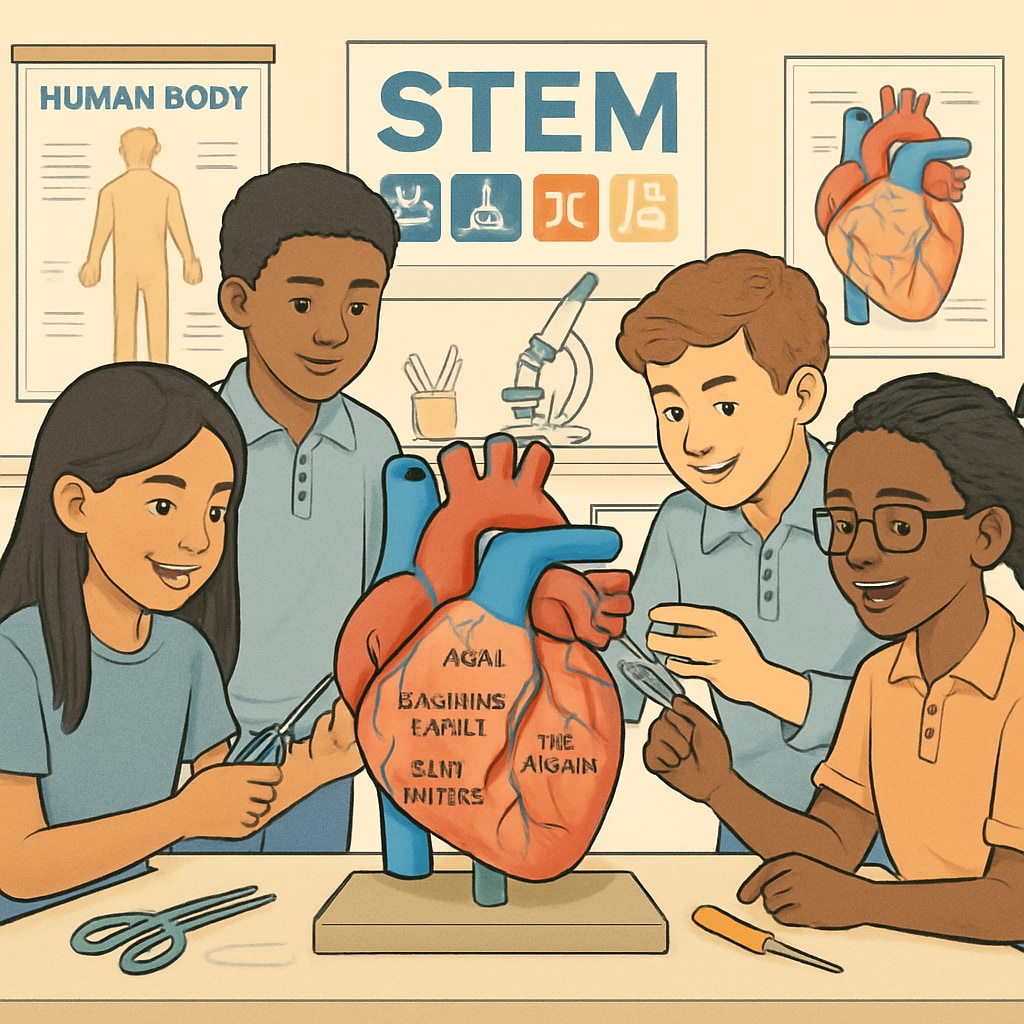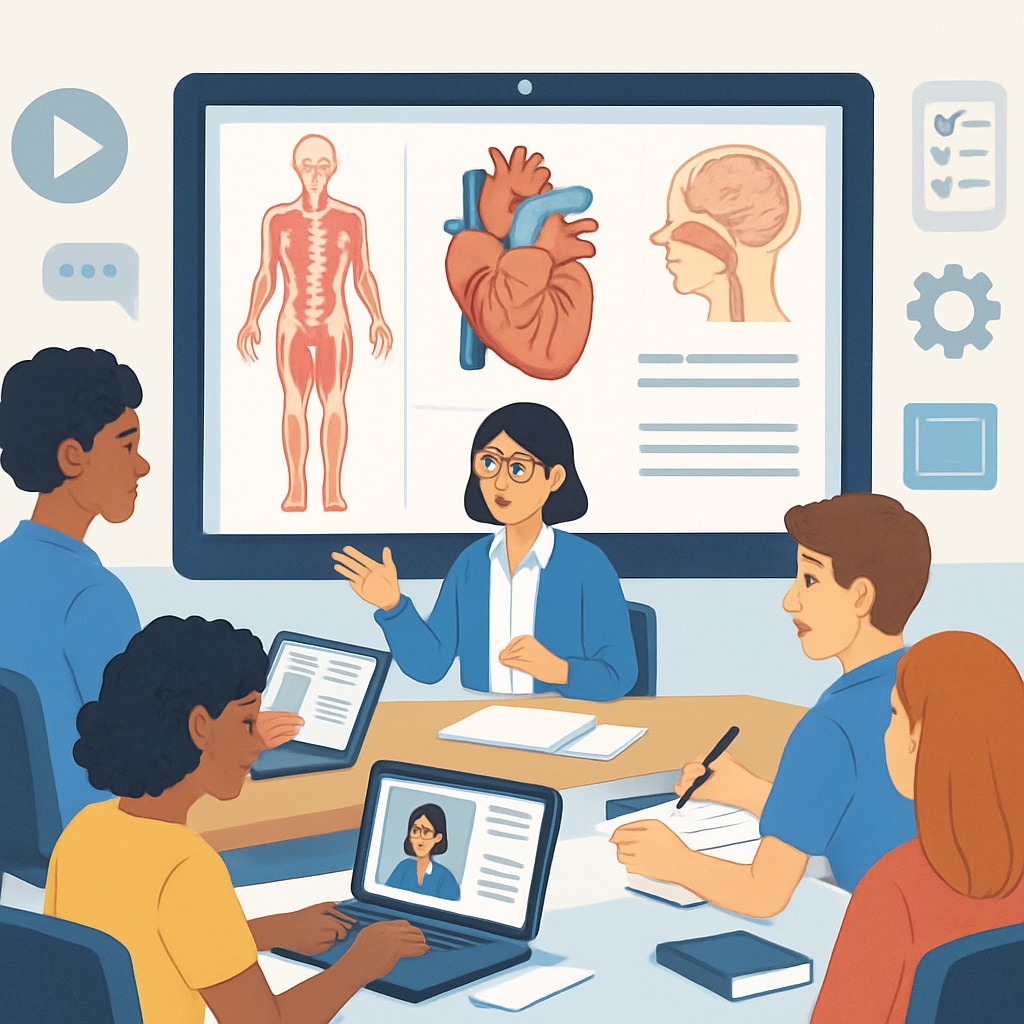In an era where scientific literacy is crucial, medical education for non-medical backgrounds is becoming an integral part of the K12 curriculum. Introducing students to medical knowledge not only nurtures curiosity but also equips them with essential life skills like critical thinking and problem-solving. These qualities are especially valuable as they explore the world of healthcare. This article provides a comprehensive guide to online courses and educational resources tailored for K12 students, empowering educators and parents to inspire a love for medicine.
The Importance of Medical Education in K12 Learning
Medical knowledge is not just for future doctors; it’s a foundation for understanding human health and well-being. Early exposure to medical concepts can help students grasp the importance of healthy lifestyles, disease prevention, and the role of science in their daily lives. Moreover, it encourages empathy and awareness, especially when discussing topics like public health or mental health.
For example, understanding the basics of anatomy or how vaccines work can demystify complex topics and reduce skepticism around scientific advancements. In addition, integrating medical education into K12 learning supports STEM (Science, Technology, Engineering, and Mathematics) goals by fostering interdisciplinary thinking.

Effective Online Resources for Non-Medical Backgrounds
Online courses and resources offer an accessible way to introduce medical education to K12 students, especially for educators and parents without a medical background. Here are some valuable platforms and tools:
- Khan Academy: Known for its free learning modules, Khan Academy offers courses on human anatomy and biology, perfect for middle and high school students. Visit Khan Academy’s health and medicine section.
- KidsHealth: Aimed at younger audiences, this website provides engaging content on health topics, including interactive features and videos. Explore KidsHealth resources.
- Coursera: Coursera offers beginner-friendly courses on medical topics like “Introduction to Public Health” or “First Aid for Everyone.” These courses are ideal for older students or parents looking to guide their children. Discover Coursera’s offerings.
These resources are designed to cater to different age groups, ensuring that students have access to age-appropriate, engaging materials.

Guiding Students Through Medical Exploration
Parents and educators play a vital role in fostering students’ enthusiasm for medical science. Here are some tips for making the learning process engaging:
- Start with Curiosity: Encourage questions about how the human body works or the science behind health practices like washing hands.
- Use Visual Aids: Diagrams, videos, and models can make complex topics more accessible and fun.
- Incorporate Hands-On Activities: Simple experiments, such as testing pulse rates or studying the effects of exercise, can bring medical concepts to life.
- Discuss Real-World Applications: Relate medical knowledge to daily experiences, such as understanding how nutrition affects energy levels.
By personalizing the learning experience, students can develop a deeper appreciation for medicine and its impact on society.
Conclusion: Preparing Future Innovators in Healthcare
Medical education for non-medical backgrounds is a stepping stone to fostering scientific literacy and curiosity. K12 students exposed to medical concepts early are better equipped to make informed health decisions and may even consider careers in healthcare. By utilizing online courses and resources, educators and parents can create engaging learning experiences that inspire young minds to explore the fascinating world of medicine.
Whether through interactive platforms like Khan Academy or hands-on experiments at home, the tools and methods for introducing medical education are limitless. Start today and empower the next generation to understand and contribute to the field of healthcare.


